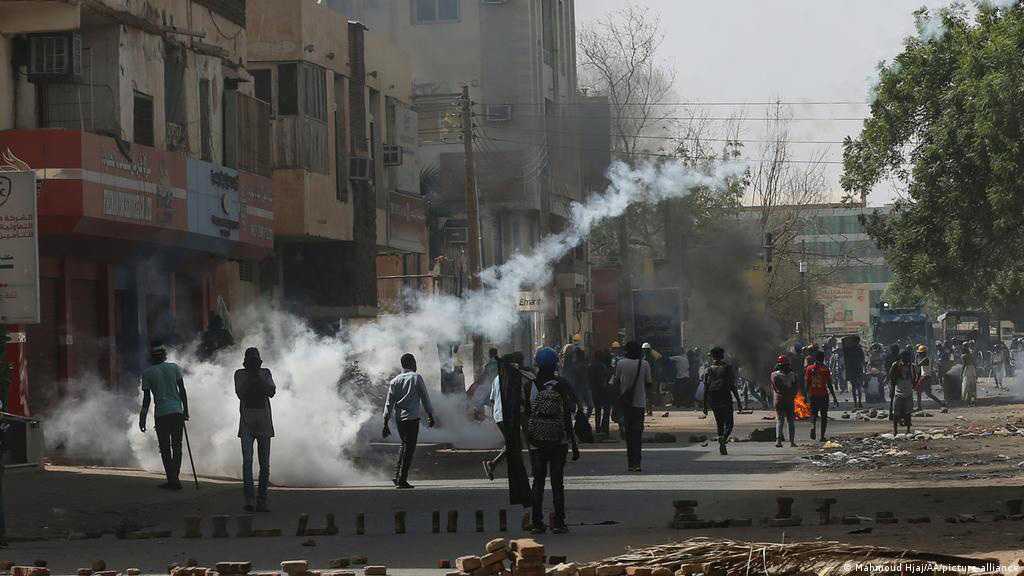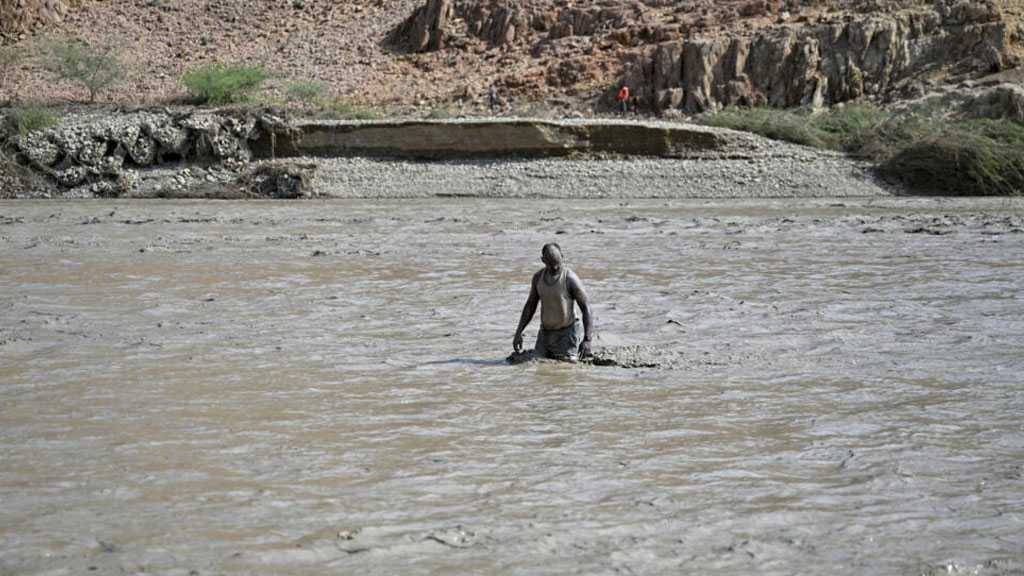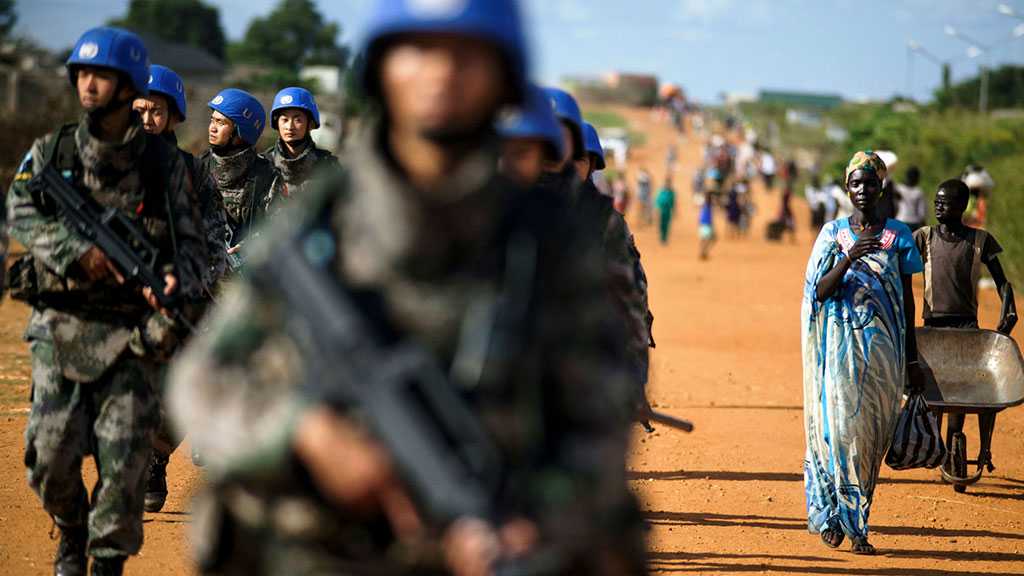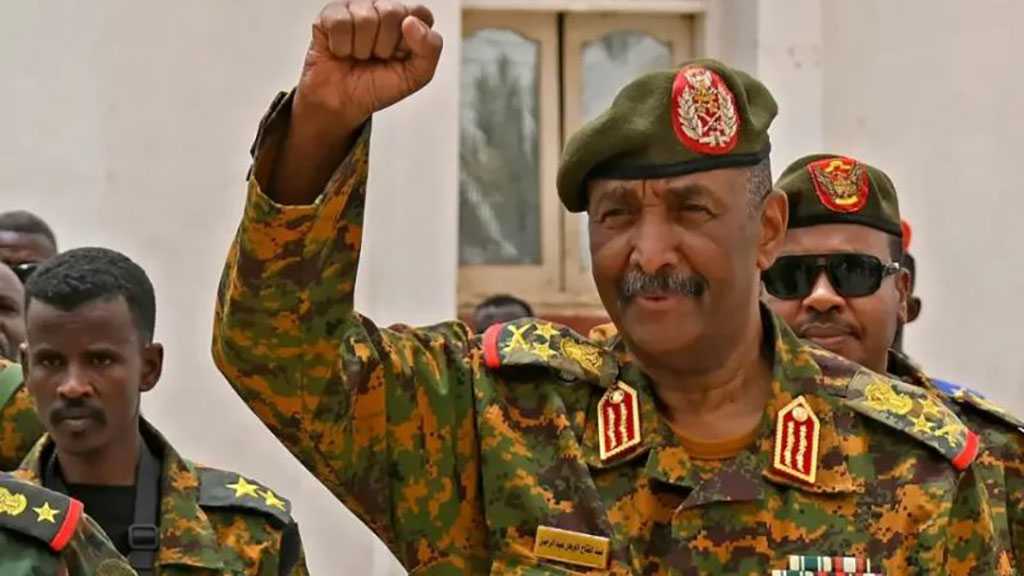Sudan Lifts State of Emergency After Deadly Anti-Coup Protests

By Staff, Agencies
Sudan’s army chief General Abdel Fattah al-Burhan has lifted a state of emergency imposed since the October 25 coup, a day after new deadly anti-coup protests.
The Transitional Sovereign Council said in a statement on Sunday that Burhan “issued a decree lifting the state of emergency nationwide.”
According to the statement, the decision was aimed to create the right atmosphere for “a fruitful and meaningful dialog that achieves stability during the transitional period.”
The move came after the latest calls by Volker Perthes, the special representative of the UN secretary-general for Sudan, for ending the state of emergency, following the murder of two protesters during massive protests on Saturday in the impoverished country’s capital, Khartoum, against last year’s military coup.
Burhan’s decree also came after a meeting with senior military officials who recommended the state of emergency be lifted and people detained under an emergency law be released.
The Sudanese military, led by Burhan, seized power last October, after detaining Prime Minister Abdalla Hamdok and other civilian leaders and dissolving the year-old transitional government as well as the joint ruling military-civilian sovereign council formed after the 2019 ouster of longtime President Omar al-Bashir.
Back then, Burhan declared a state of emergency and vowed to form what he called a competent government.
The move drew anger and outrage across the North African country and sparked international condemnations, including from the UN Security Council. The country has been rocked by protests since then that have left nearly 100 people dead and hundreds injured.
Hundreds of activists have also been arrested in the clampdown under emergency laws.
Hamdok was restored in his post as part of a political deal with military rulers of the restive African country, but he resigned earlier in January amid a political impasse and large-scale protests.
After leading the takeover, Burhan pledged to release political detainees to set the stage for talks among Sudanese factions. Civilian forces have, however, refused to enter negotiations involving the military.
Comments
- Related News




